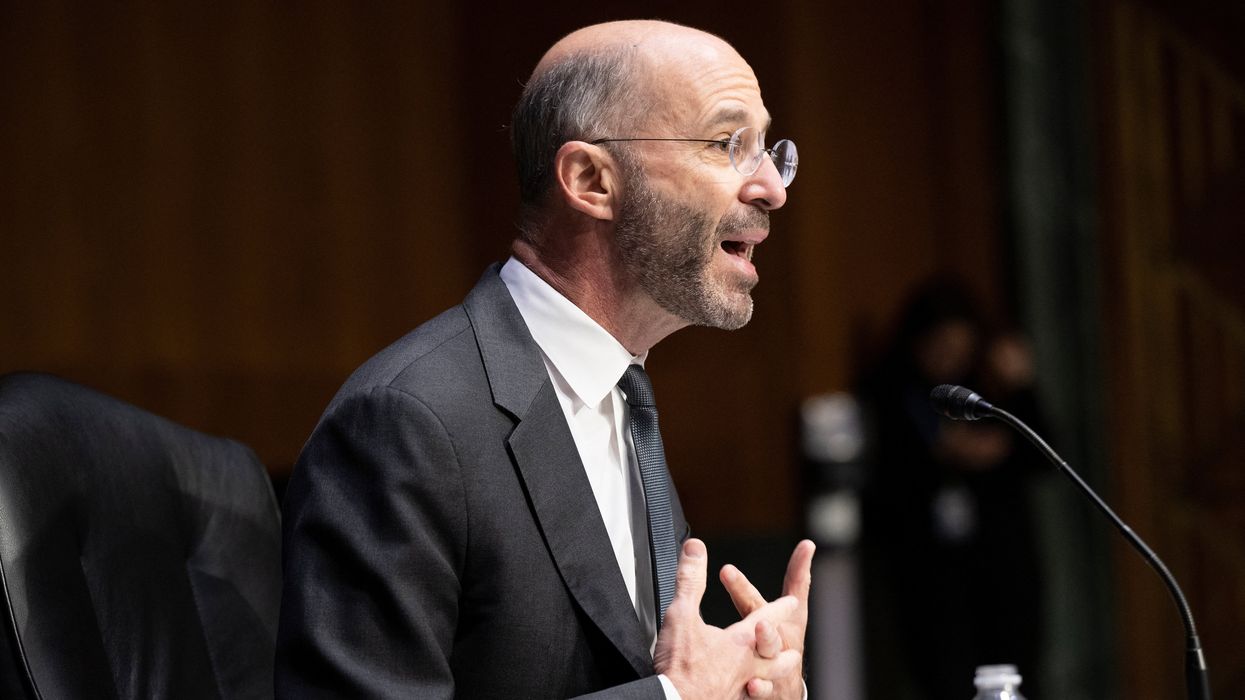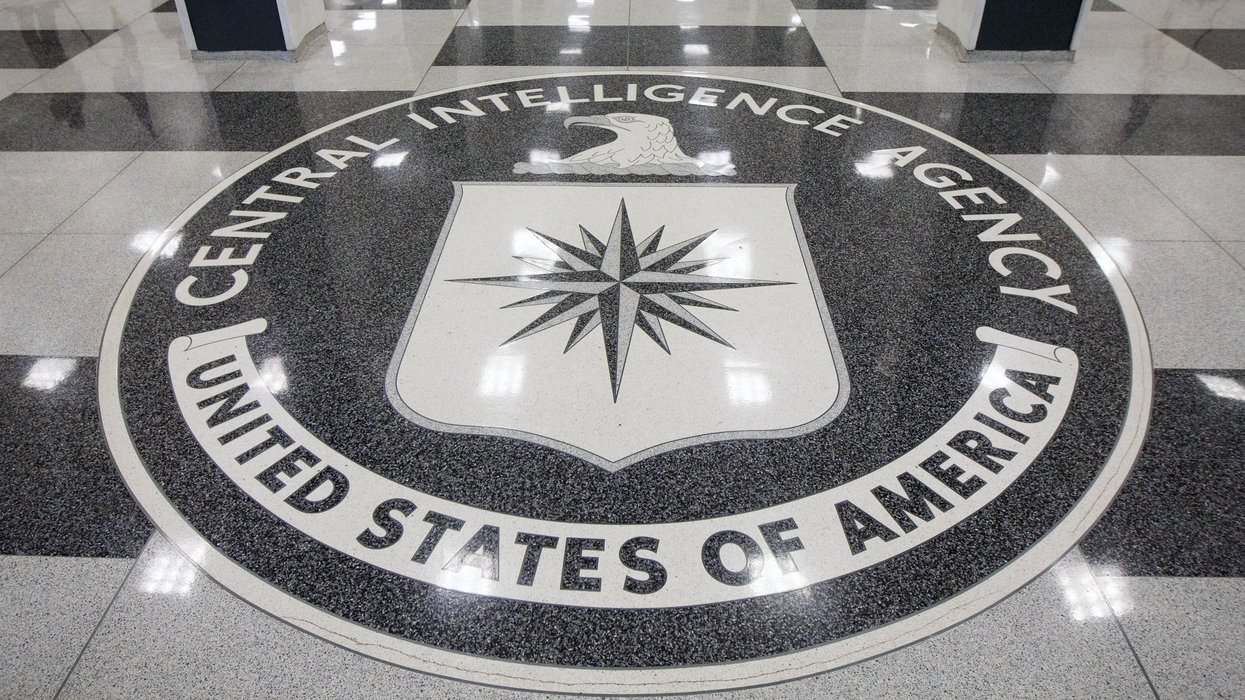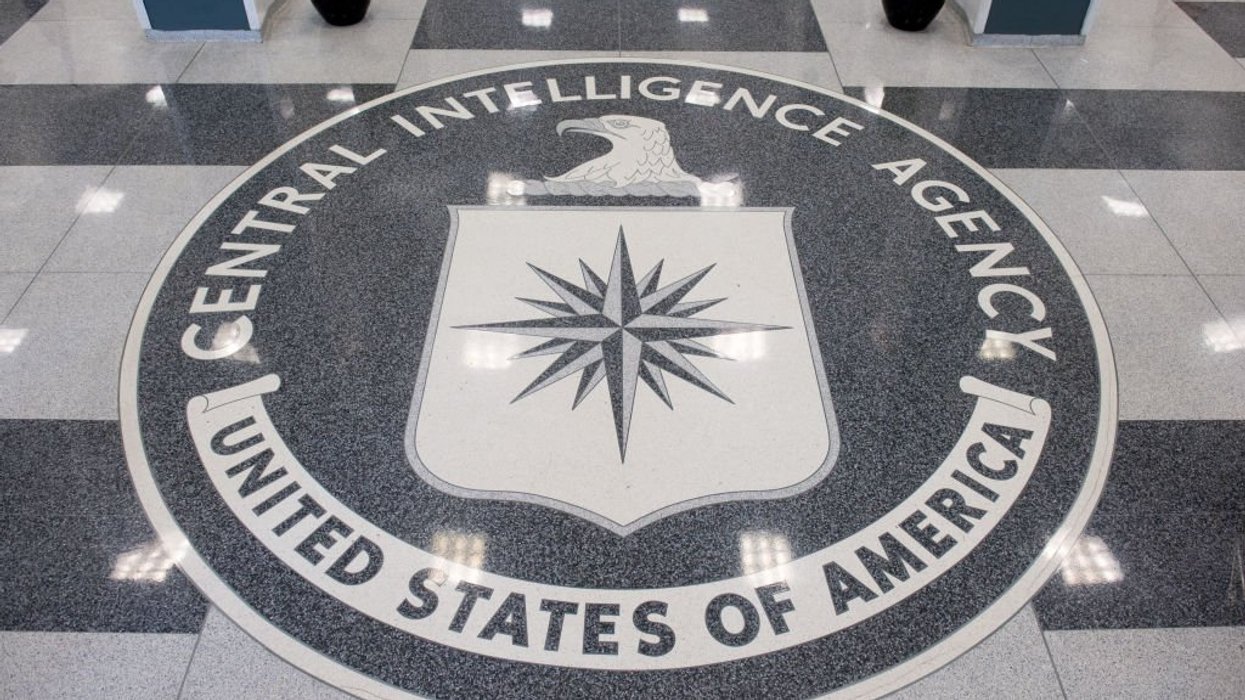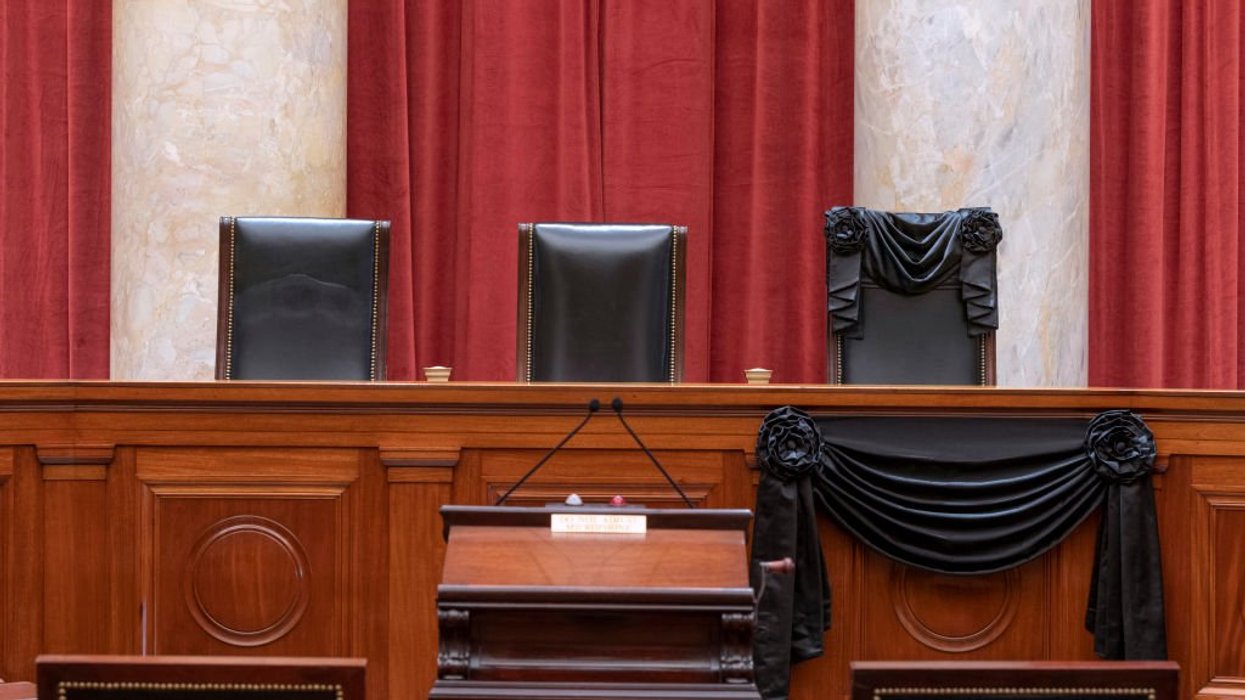GLENN: I say to Stu, so what's been on your mind on the news? He says, well, I've got a good soda story.
Of course, you do.
STU: Well, it's the most important thing going on in the world right now.
GLENN: Yes.
JEFFY: Hello.
STU: And, again, you want to talk about bans, bans that are damaging to our world.
JEFFY: Particularly unacceptable bans.
STU: Yeah. How about France? France has banned unlimited soft drinks and refills. Now, this is the sort of thing that concerns me and will actually affect my life. It is now illegal to sell unlimited soft drinks at a fixed price or offer them unlimited for free in France.
Number of overweight or obese people in France is below the EU average, but is on the rise. The World Health Organization recommends taxing sugary drinks. Oh, well, that's a good reason for it. Linking them to obesity and diabetes, which is so stupid.
You know, we've gone over these arguments before. But it's like -- it's not just drink -- they just picture -- they take one little category that they want to vilify. It's the old Saul Alinsky thing. They separate it, and then they just vilify it. They target it, and they try to make it into a big thing. For whatever reason, soda is the example here.
But this is another example of progressive governments around the world in this case, but it's happened many times, that decide they know what's better for you than you.
This is a customer benefit. Remember, this is somewhat new in the United States. I mean, as a kid, I remember growing up, you had to pay every time you wanted a soda. Now there is the availability to walk up to the little soda machine and fill it back up, as I do every time I go wherever I go and get extra sodas and enjoy them. And they've taken something that a business has done to help their customer have a better experience, and because they think the customer is using it incorrectly, their choice, the government's choice -- not the consumer's choice. They are taking it away.
In this case, in France. But this will come here, obviously. And it has come here in the form of taxes and other things.
JEFFY: Oh, yeah.
STU: And it's the same thing with net neutrality. Net neutrality technically would ban what I think T-Mobile has done, which is give you free streaming of Hulu and Netflix and Amazon Video and all these things. A great benefit to the consumer.
However, net neutrality says, "Well, you're not treating all companies equally when it comes to data, so you can't do that."
And the activists have fought to try to get that overturned, so far unsuccessfully.
But, I mean, these are benefits. These are making your life better. You're getting more for your money, and yet government wants to come out and take these things away from you.
And while, yes, sure, all I care about is soda, it is a much larger problem than that. And we see this in every aspect of our lives right now.
GLENN: And already, tastes are changing.
STU: Uh-huh.
GLENN: The traditional soda is going the way of sarsaparilla. Slowly.
STU: Very slowly.
JEFFY: Eh.
STU: You're right, this is what a lot of people are talking about in the beverage world, if I may.
GLENN: Right.
STU: However, I think what you're doing is getting more choices more than soda, right?
GLENN: That's what I'm saying.
STU: Yeah.
GLENN: The traditional soda choice is going to Little Ponies, which I hate.
STU: Yeah.
GLENN: And getting fragmented so much. It's a thing of the past. So as they go after soda, well, what about all the other drinks that are coming out now? I mean, you look at Coca-Cola --
STU: For example, energy drinks, which are just soda with more caffeine in it, theoretically, they complain about even more than soda.
GLENN: Burst your heart.
STU: But, oh, well, people are moving from soda to energy drinks.
What the hell do you think a Monster is? It's just a soda. It's a soda with more caffeine in it than old-timey sodas. That's the same product.
GLENN: No, they've done something no man has ever done before.
STU: Okay.
GLENN: They have made some -- they have made the worst taking product into a successful product.
STU: Well, I think you're more focusing on Red Bull with that analysis.
JEFFY: Yeah, because some of the other Monsters are not bad.
GLENN: Really? Are there any of them that are good?
STU: Yeah. A lot of the Monster drinks -- I would say, yeah. I mean, the Monster -- they have a Monster Absolute Zero line, including the orange one, Sunrise, which I absolutely adore.
JEFFY: Yeah, that's really good. That is really good.
STU: That's really good. There's a lemonade one. The citrus one is really delicious --
GLENN: I need to try one. Because I had Red Bull, oh, my Gosh.
STU: That whole line is good.
JEFFY: No. Red Bull is -- is distinctly different than the Monster Zero line.
STU: Yes, the Monster Zero line --
GLENN: How was Red Bull ever successful?
STU: I don't know. My theory on this -- because you're right. It tastes like antifreeze.
GLENN: Oh, yeah, it does. It tastes like jet fuel or something.
STU: And you can get to a point where you get used to it, but why would you need to? There's no reason for that.
GLENN: Why? Right.
STU: I honestly thought maybe they marketed it as --
JEFFY: I think they do --
STU: They market it -- they actually intentionally made it taste bad so you thought you were doing something like, wow. Like, I am really downing some caffeine here. Like, it's almost to stand out, they made it taste a little strange. Because they just had --
JEFFY: Right.
GLENN: It would be interesting to find out if that's what they did.
STU: Yeah.
JEFFY: Because whatever they did, it worked.
GLENN: Because there's no way -- you can make soap taste better than that.
STU: Right.
And now, they've gone -- Red Bull has released several other flavors. And they're much better tasting, though still not as good as like the Monster or the Amps or Venoms of the world. I mean, but we could talk about this all day. Is that what you want?
GLENN: The Venoms. Not really.
STU: Because the Venoms, they're only 99 cents, which is really what gives you the big benefit there.
GLENN: The cost.
JEFFY: Yeah, cost-effective.
STU: They're very strong though, if you don't like sweet flavors. Because they're almost Jolly Rancher-ish at times. So they're pretty strong, but if you can deal with that, cost-effective. And delicious.
GLENN: Oh, my gosh. Well, good thing I can't get a refill. But on the way home, I can stop by my 7-Eleven and get a Monster. Twice the caffeine. Twice the sugar --
STU: Oh, much more than twice.
GLENN: Twice everything that's bad for you.
STU: Let's talk about Amp and Rock Star.

















